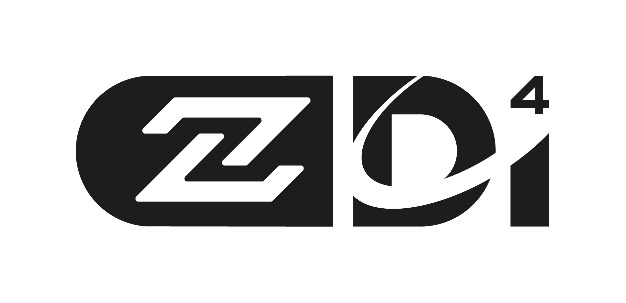
News
Lighting & HVAC
Outdoor LED luminaires earn Zhaga-D4i certification
April 21, 2020 | By Kavita Sabharwal-Chomiuk
 Logo: Courtesy of Zhaga-D4i
Logo: Courtesy of Zhaga-D4i The Zhaga Consortium (Zhaga) and the Digital Illumination Interface Alliance (DiiA) have reached a key milestone in their joint Zhaga-D4i certification program: several outdoor luminaires from Signify and Schréder have been certified according to this new program. As a result of this certification, the luminaires can carry the dual logos of Zhaga and D4i, which together indicate interoperability of luminaires, sensors and/or communication nodes.
“The use of the Zhaga and D4i logos together on luminaires and nodes will provide clarity and confidence in multi-vendor product interoperability,” said Paul Drosihn, DiiA general manager.
Based on complementary specifications from Zhaga and DiiA, Zhaga-D4i allows users to easily add or upgrade sensors and/or communication nodes, enabling smart, future-proof LED luminaires with IoT connectivity.
“With the Zhaga-D4i certification program, decision makers in outdoor road lighting can combine the long-lasting nature of the lighting infrastructure with the rapid changes in digital communication and sensor technology,” said Dee Denteneer, Zhaga’s secretary-general.
Zhaga-D4i luminaires have a powered Zhaga receptacle, which can accommodate a sensor or communication node with a corresponding Zhaga plug. Also, these luminaires use LED drivers meeting the D4i requirements, including the availability of DALI-2 luminaire, energy and diagnostics data.
Zhaga-D4i luminaires are listed on the Zhaga website, while D4i drivers can be found in the DiiA online Product Database.
The first Zhaga-D4i luminaires were certified in accordance with the requirements of Zhaga Book 18 Ed 2.0, published in late 2019. Zhaga-D4i certification will be extended to include Zhaga Book 20 for indoor applications, which will be published in April 2020 for Zhaga members. Zhaga-D4i certification of sensors and/or communication nodes will become available later in 2020.
Print this page